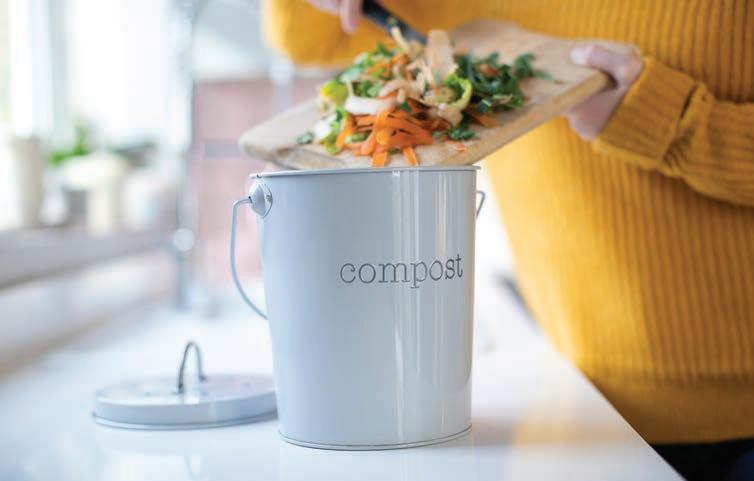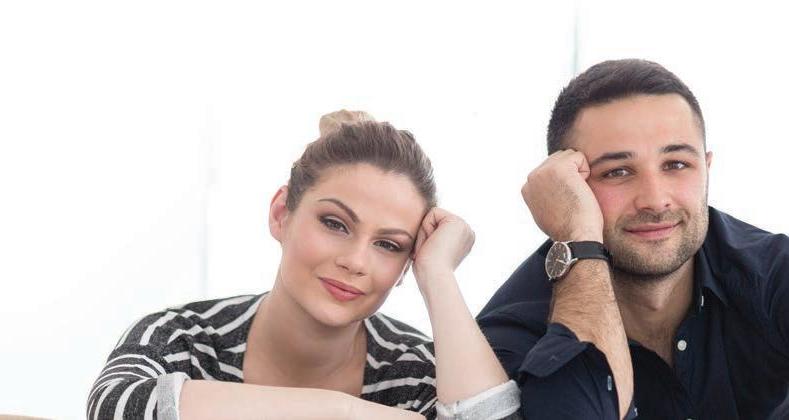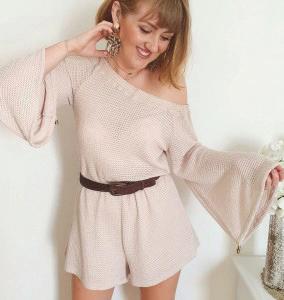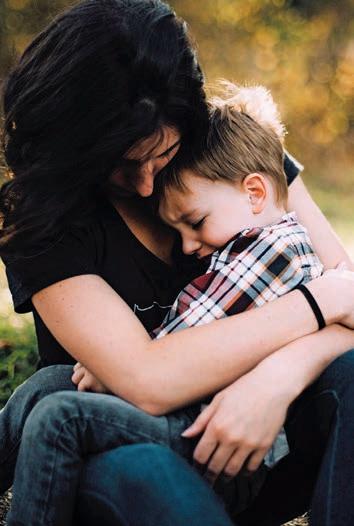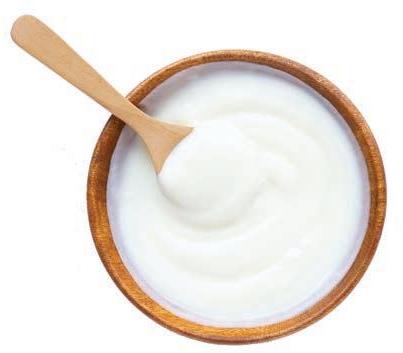
6 minute read
Young carers
BY LISA GEORGE, CARER SUPPORT UNIT, CENTRAL COAST LOCAL HEALTH DISTRICT.
It’s estimated that there are nearly 100 000 young people in this situation in NSW, that’s around two in every classroom, but unfortunately for various reasons they are often “hidden”. In many cases these young people and their families don’t even realise that they are a Young Carer. The risks and challenges for Young Carers are significant if they continue to go unnoticed and unsupported. However, with acknowledgment and support from both their local community and the wider “carer community”, they may discover opportunities that could greatly enhance their well-being.
Meet Gemma Gemma is 13 years old and lives with her mum who lives with Multiple Sclerosis (MS). She often helps her out of bed to get dressed and prepare meals. Gemma worries about her mum being at home alone when she’s at school. When her mum is having a bad day with her MS, Gemma stays home from school to make sure she’s safe and doesn’t fall over. Gemma’s mum can’t drive anymore so it’s difficult for Gemma to get to after school activities. Meet Sarah Sarah is 16-years-old. She lives with her mum, dad and 11 year old brother Alex, who lives with autism and epilepsy. Sarah’s parents both work, so it’s her responsibility to be home each afternoon to meet Alex when he is dropped off by the school minibus. She manages his afternoon routine and calms him down when he gets upset. She’s been going along to his Occupational Therapy and Speech Therapy sessions for the last four years and is very experienced at managing his care and challenging behaviours. Her mum sometimes finds it hard to cope with Alex’s needs, so Sarah tries to support her emotionally. None of her friends have a sibling with a disability so she doesn’t talk about Alex much. They wouldn’t understand.
Meet Jacob Jacob is 18-years-old. He lives with his dad, who has an alcohol dependency and depression, and his elderly grandmother, who has recently had a few falls. His dad is on a disability support pension and his grandmother receives the aged pension. Money is often a problem. Jacob would like to go to university in Sydney next year, but he doesn’t feel he can leave his dad and grandma. It seems the only option is to get a local job to help support his family financially, and continue managing the household chores and shopping. He isn’t comfortable talking to people about his dad’s situation.
What do Gemma, Sarah and Jacob have in common? They are all Young Carers. A Young Carer is a child or young person, under 25 years-of-age, who supports a family member or friend who has a disability, mental illness, drug or alcohol dependency, chronic medical condition or who is frail aged. The type of assistance they provide can range from hands-on assistance with showering, dressing and household duties; through to emotional support, first aid and even financial support.
In some cases, this young person will be the primary carer. This commonly occurs in single-parent families where the parent is unwell or has a disability. In other situations, the young person takes on the role of secondary carer. This might occur when a young person assists their parent to care for a sibling,
grandparent or other parent. In some families, children as young as eight or nine have caring responsibilities.
What is life like for a Young Carer? The impact of being a young carer can vary widely, depending on the situation. For some young carers, it can be a positive experience. They report feeling important and valued by their family and they enjoy the extra responsibilities and life experience gained through their unique situation. Often they feel a very special connection with the person they care for. But for many Young Carers, life can be challenging. To begin with, families and even the health professionals supporting them, often fail to notice and identify that a young person is in fact a carer. Many Young Carers, and sometimes even their parents, are reluctant to discuss their situation with people outside the family due to stigma, embarrassment or fear of interference from others. So many Young Carers struggle along in silence.
They may find it difficult to complete school, TAFE or university assignments or be too tired to concentrate in class. They may be unable to join their friends for after school or weekend activities due to their responsibilities at home. Finances might be very tight or there may be no-one to teach older teens to drive, which will further limit their social and employment opportunities. Holding down a job can be difficult when they are perceived by their employer as being unreliable. Being a carer can be a lonely experience when it feels like no-one else understands. How can we all help? Pause for a moment to think about families you know, or perhaps even your own. Do you know of a young person taking on a primary or secondary carer role? And is that Young Carer being recognised and supported?
A trusted family member, adult friend or teacher might be the best person to start the conversation with a Young Carer about how they are coping. They should choose a private moment, gently open up the topic of their caring responsibilities at home and most importantly – listen.
For school students, it can be helpful to enlist support from the school’s Student Welfare Officer to ensure that students with caring responsibilities are being supported to manage the competing demands between home and school. This might mean extra time to complete assignments or homework, or allowing the student more regular contact during the day with the person they care for. It could also take the form of offering a more flexible approach to learning, dependent on the students’ situation. TAFE and some universities have programs in place to support Young Carers to complete their studies. There are also financial opportunities available for Young Carers to support them in continuing with their education, including the annual $3000 Young Carer Bursary. Social media can be a great way for Young Carers to connect with people their own age in a similar situation. Take a look at @carersnsw, @youngcarersnetwork and @ littledreamersaustralia on Instagram. To explore all of the supports and opportunities that might be available, Young Carers and their families can go to the following websites for more information; www.youngcarersnsw.org.au www.youngcarersnetwork.com.au www.littledreamers.org.au
The Central Coast Local Health District’s Carer Support Unit helps Central Coast carers in-hospital and in the community all-year-round. You can visit them at our Carers Retreat at 91 Holden Street, Gosford or phone 4320 5556. The case studies in this article are not based on real people, however they are based on the real experiences of many Young Carers. These examples have been captured by the Carer Support Unit and have been integrated to form case studies in order to show how the caring experience can vary.
INDOOR LASER-TAG CENTRE Birthday parties Family Friendly Entertainment NEW Mini UV Putt Putt & Family & Kids Escape Room

Laserblast offers 6 great Party Packages to suit your needs CALL US TO MAKE A BOOKING Also available for Families, Groups & Vacation Cares, Large or Small. Rain, Hail or Shine. 4392 5278 www.laserblast.com.au Unit 6, 132 Chelmsford Rd, Charmhaven

Classes held at Terrigal for girls of all ages from only $6 per c lass. ½ hour Preschoolers Dance Class only $4. We also have classes for mums Physie is a combination of various dance types all choreographed by BjP Physical Culture to the latest, age appropriate music. Increase your confidence, fitness and flexibility while making new friends and having lots of fun. Now enrolling for 2020
1st lesson free for all new members
Contact: Melinda Morris Phone: 0412 004 397 Email: twphysie@hotmail.com www.terrigalwoodportphysie.weebly.com

